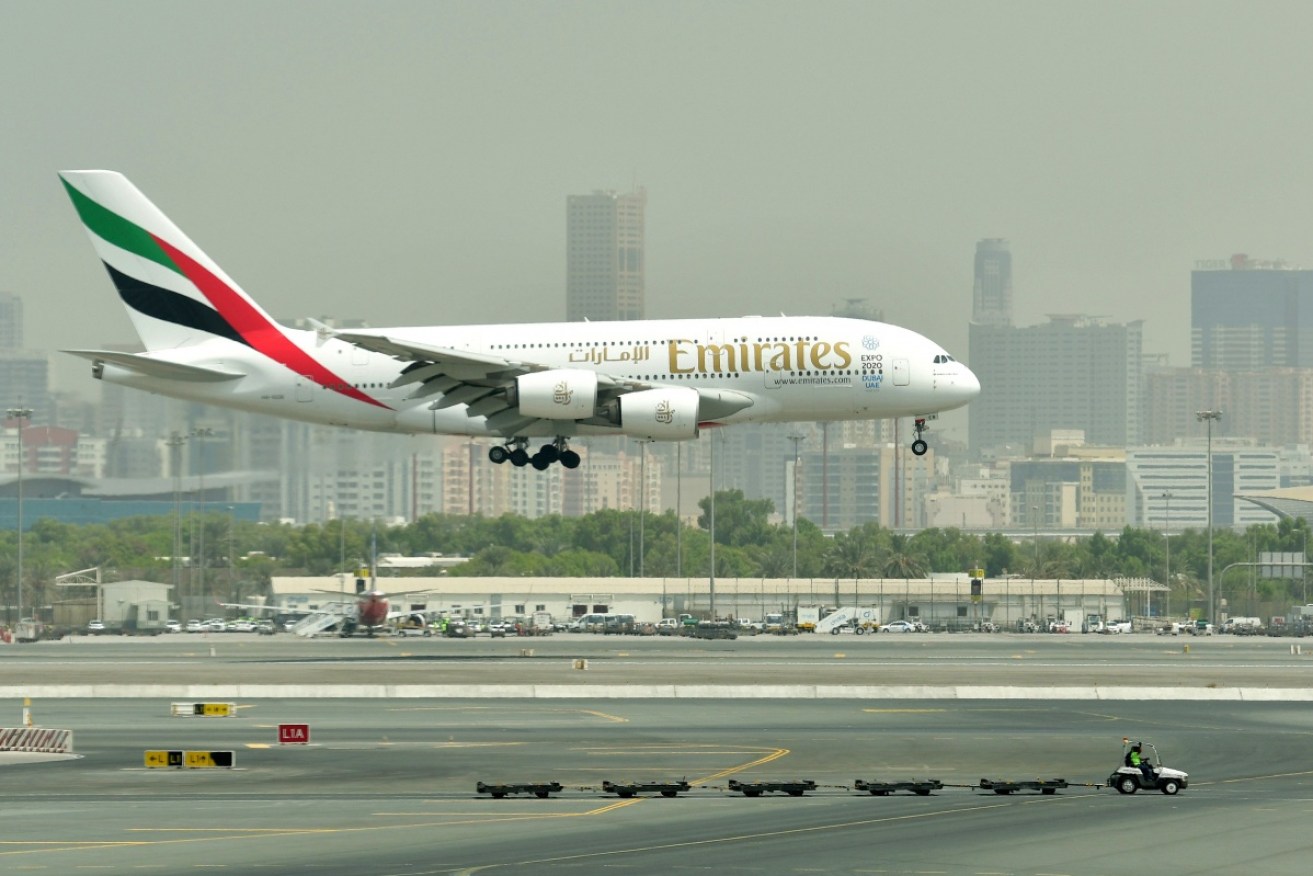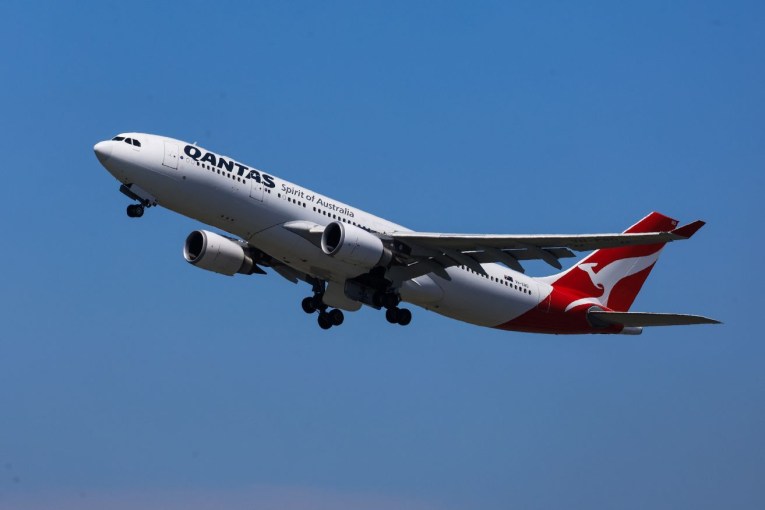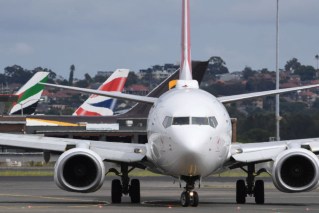Emirates and Etihad deny merger talks, as why they might join forces gets more compelling


Emirates and Etihad deny they're talking about a merger to create the world's biggest carrier. Photo: Getty
Rumours have emerged that Dubai’s flagship airline Emirates is looking to take over unprofitable neighbour Etihad.
Such a merger would create the world’s biggest carrier as measured by passenger traffic.
Both airlines initially declined to comment, before later denying that any talks were underway, as claimed by a Bloomberg report released on Friday.
Airline Intelligence Research managing director and former Qantas chief economist Dr Tony Webber said both airlines had tried to grow too quickly – a strategic error compounded by lower oil prices which have allowed their respective governments to support the airlines’ losses.
“They’ve tried to add too many seats to the market ahead of demand and that forces them to reduce the price.”
“Etihad has been under some financial pressure for a while and Emirates up until this year has also felt the profit pressure.”

Etihad’s profits have been declining for several years. Photo: AAP
Monash University Professor Greg Bamber, who has researched airline performance in Australia and overseas for more than 15 years, said Etihad faced a variety of financial woes in recent years.
“Etihad has had a few problems, such as their strategy with buying stakes or taking over airlines around the world which are weak.
“For example, they’ve bought a stake in Alitalia, who’ve been struggling, and Germanwings, who went bankrupt,” Professor Bamber told The New Daily.
He said if a merger occurred it would trigger other airlines to follow suit.
“It could trigger Singapore Airlines to take over Virgin Australia for example. At the moment Etihad owns a quarter of Virgin Australia.”
In the past, Emirates chairman Sheikh Ahmed bin Saeed Al Maktoum and president Sir Tim Clark have played down speculation the airlines may merge.
But Bloomberg’s report detailed how Etihad has been shrinking its operations following the failure of a so-called equity alliance strategy that saw it invest in a number of generally ailing foreign operators to help feed more traffic through Abu Dhabi.
The Middle East-based company also saw its own business come under pressure as a slide in the price of oil led to a drop in passengers originating from crude-based economies.
That contributed to a US$1.52 billion loss in 2017, taking the two-year deficit at the airline unit to almost US$3.5 billion.
Fitch Ratings last month said it expected Etihad to continue losing money through 2022, the report noted.
Other details to emerge in the report revealed Emirates also suffered during the Gulf slump but was quick to recover as the oil price and local economies rebounded, with net income jumping by two-thirds to 4.11 billion dirhams ($US1.53 billion) in the year ended March 31.
Emirates is already the world’s biggest airline on international routes and ranks fourth overall, according to International Air Transport Association (IATA).








